SAfm | SA investors look to UK private debt for opportunities
16 October 2024Many South Africans want to be invested in the UK, and UK banks are really poor at servicing anyone looking for credit under £20m (close to R500m) – so we provide loans to those who are looking to borrow less than that: Dino Zuccollo, Westbrooke Alternative Asset Management.
By Jimmy Moyaha 15 Oct 2024
JIMMY MOYAHA: We move from local investments to offshore investment. It seems as though South African investors are taking a particular liking to private debt that sits outside South Africa, and they’re looking to take advantage of these opportunities.
I’m joined on the line by the head of Investor Solutions at Westbrooke Alternative Asset Management, Dino Zuccollo, to take a look at this and try to make sense of it.
Dino, good evening. Lovely to speak to you. South African investment markets and the investment landscape have certainly been [through] quite an interesting time over the last, say, 24 months – understanding that we’ve come from a very challenging environment to suddenly things looking better.
DINO ZUCCOLLO: Yes, good evening, Jimmy and everyone listening. It’s a very interesting conversation.
Certainly, as you will have seen, our private credit fund in the UK, Westbrooke Yield Plus, has reached an important milestone.
We’ve just reached £200 million of assets under management, and I think the attraction of the offering has been driven by what has been a prolonged period of high interest rates around the world.
Interesting times in South Africa, as you point out – which is that we’ve probably gone from some of the worst sentiments in Q4 last year, Q1 this year, to some of the best sentiment that we’ve had in South Africa in a long time.
But I think that [for] many of our investor portfolios – and it’s important to touch on who our investors are; they are high-net-worth individuals, wealth managers, institutions – most of their capital, or at least a large portion of their capital, is invested offshore because that is reflective of a well-diversified investment portfolio, and certainly a trend that’s become extremely popular, which is investing in something alternative outside of the traditional bond, equity, and fixed-income-type investments.
JIMMY MOYAHA: Dino, we’ll come back to the alternative side of it in a second. I want to look at its offshore component of it. I think it was last week, or perhaps the week before that, the PIC [Public Investment Corporation] came out with their update. They gave us a sense of how they had been performing, and part of that update included the fact that they had experienced some stress when looking to invest offshore as a result of the greylisting.
I wanted to know if, from a client perspective, you are seeing similar sorts of things. Yes, greylisting has a lot more due diligence requirements, but does it make it harder to operate as an asset manager, as a company that offers offshore portfolios? If the PIC is struggling, surely you guys must also be seeing something.
DINO ZUCCOLLO: Yes, without a doubt. It’s a good question, not one that I’m asked as often as the merits of the investment products, but the greylisting has been a serious issue for anyone who is South African in gaining exposure to the world of offshore investing.
In summary, what the greylisting has done, Jimmy, is to say you may not trust the information that you are provided by, let’s say, a South African bank when it comes to someone’s address or the source of someone’s funds, et cetera.
What that means is that any South African who invests in, say, [an] offshore product, is now in enhanced due diligence that is conducted in order for them to be able to invest.
This has created all sorts of friction in the system because I don’t think South African investors are used to being held to such a stringent or rigorous level of account when it comes to onboarding.
But I think one thing at Westbrooke that we’ve really put big efforts into is to make that process as digitised as possible, as streamlined as possible – and as easy as possible.
Certainly it’s great for the business because it creates a ‘sticky’ customer. Once you’re invested with us and you’re onboarded, you don’t have to go through that process again.
JIMMY MOYAHA: Dino, let’s look at that offshore, or rather the alternatives aspect of it. Obviously there are so many asset classes out there for individuals to invest in and I, for one, happen to be a personal proponent of alternative asset classes.
When you look at the alternative space and the alternatives market, that traditionally has been sort of looked at as the last resort, the black sheep of the investment family, so to speak, because all the other traditional ones have been in place for the longest time.
But the pandemic and interest rates and all the things we’ve gone through in the last four years have shown us very clearly that a diversified portfolio is one that survives.
DINO ZUCCOLLO: Yes. I think alternatives, it’s probably fair to say, are the investment or the trend in asset management at the moment.
The various alternative asset classes are growing incredibly largely and quickly. If you look at the world’s biggest asset managers in the alternative space, the likes of Blackstone, they’re multi-trillion-dollar businesses. So they’ve certainly become very popular.
I think the word ‘alternative’, Jimmy, is unfortunate. It has like a bit of a negative stigma associated with it.
For me, the concept of a ‘private-market asset’ is probably a better way of describing what we do.
For example, what I mentioned earlier, our private credit fund, Westbrooke Yield Plus, effectively provides loans to businesses that own properties in and around the UK. Now, you are pretty used to investing in a listed bond business as a South African investor, but it has certain downfalls.
Those are market-to-market adjustments where interest rates move, lower absolute value returns. Maybe they’re not so tax-efficient, et cetera.
Really, what the world of alternatives does is it allows us to play in clever niches of markets and to overcome some of those downfalls we’re able to get. For example, in Yield Plus a return of somewhere between 7% and 9% per annum, whereas in the UK you’d probably be getting half of that – and that’s pre-tax and any cleverness that you can have in the tax structuring.
But actually to your point, at least according to many of our investors, one of the most valuable elements of incorporating alternatives in your portfolio is diversification and lack of correlation.
The problem we have at the moment with listed markets is that they all tend to move in the same direction, and investors globally have been looking for something that behaves a little differently. That’s really what these types of investments are seeking to achieve.
JIMMY MOYAHA: Dino, when we look at this particular private-debt offering, we have private-debt offerings in South Africa. We do have various asset managers that do this, and I’m sure Westbrooke is one of those asset managers as well. Is there a particular attractiveness around the UK?
I understand of course that markets that are more developed typically have a historical tendency to have very, very low returns. And so, when you offer them a little more than they’re used to, it becomes very attractive. But where’s the allure for a South African investor?
DINO ZUCCOLLO: I think South African investors for a long time have wanted to have a lot of their money offshore from a risk-mitigation perspective. The point you raise is very true. So we are active here in South Africa.
Maybe just to give you some comparative numbers, our private-credit offering in South Africa – which we call Westbrooke Income Plus – does, let’s call it, a 13% return in rand. Now that’s probably a 4%-odd, maybe 5% spread on a government bond. So it’s a good return. But in the UK it’s quite difficult to find something similar that gives you that level of spread over and above what you could get, for example, in cash. And so really what you’ve got to get down to is you’ve got to look at the market dynamics.
Specifically what we found in the UK is there’s just a little bit of an arbitrage, Jimmy, in terms of size.
So what we do there is we make loans to sponsors or businesses or property owners who are looking to borrow less than £20 million, which in rand is close to R500 million. So it’s a very meaningful number here in South Africa. But in the UK, unbelievably, £20 million is almost a loan that a high-net-worth [individual] would give.
What we found is that the banks are really poor at servicing anyone looking for an amount of credit of less than £20 million, especially if that loan is for a shorter duration than five years. What the banks want, if you’re looking for a small loan, is they want to write a long-duration loan so that at least they only have to do the work once.
I suppose the reason that we’ve chosen the UK is that there are a lot of deals available.
It’s a market that South Africans are very comfortable to access and quite familiar with.
It’s a place where a lot of South Africans want to be invested, but they’re really struggling to find market beta returns. And certainly, with a seven-year track record of success, we’ve been able to find and carve out a niche for ourselves as a business that our investors have found quite appealing of late.
JIMMY MOYAHA: It’s going to be interesting to see how all of this shapes up when listed instruments start to be affected by things like elections.
But we’re going to have to leave it at that. Dino, thanks so much for the insights and for the time. Dino Zuccollo, head of Investor Solutions at Westbrooke Alternative Asset Management, discussed the company’s latest UK private-debt opportunities and the milestones they’re achieving on that.





